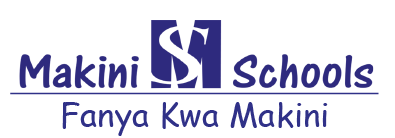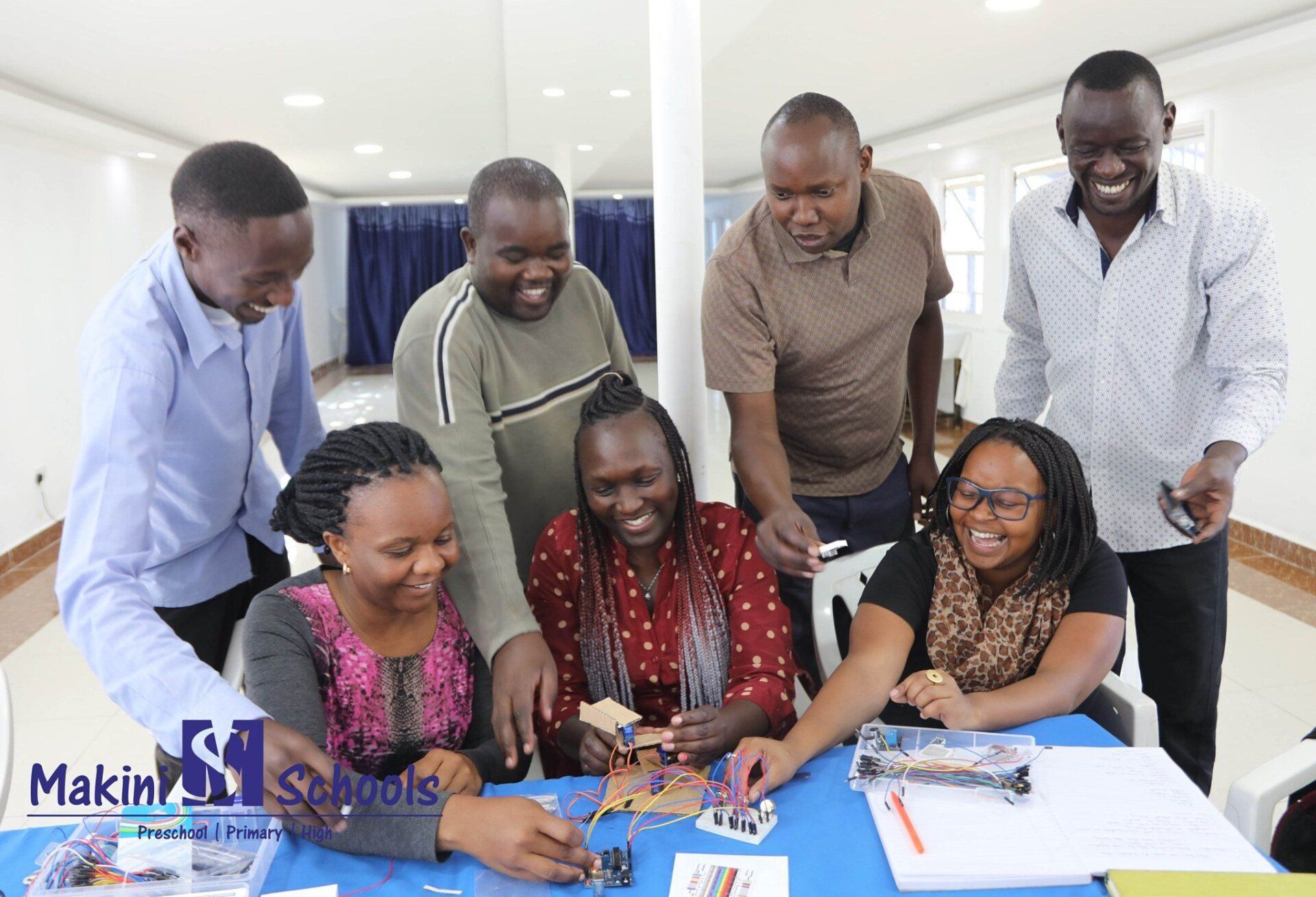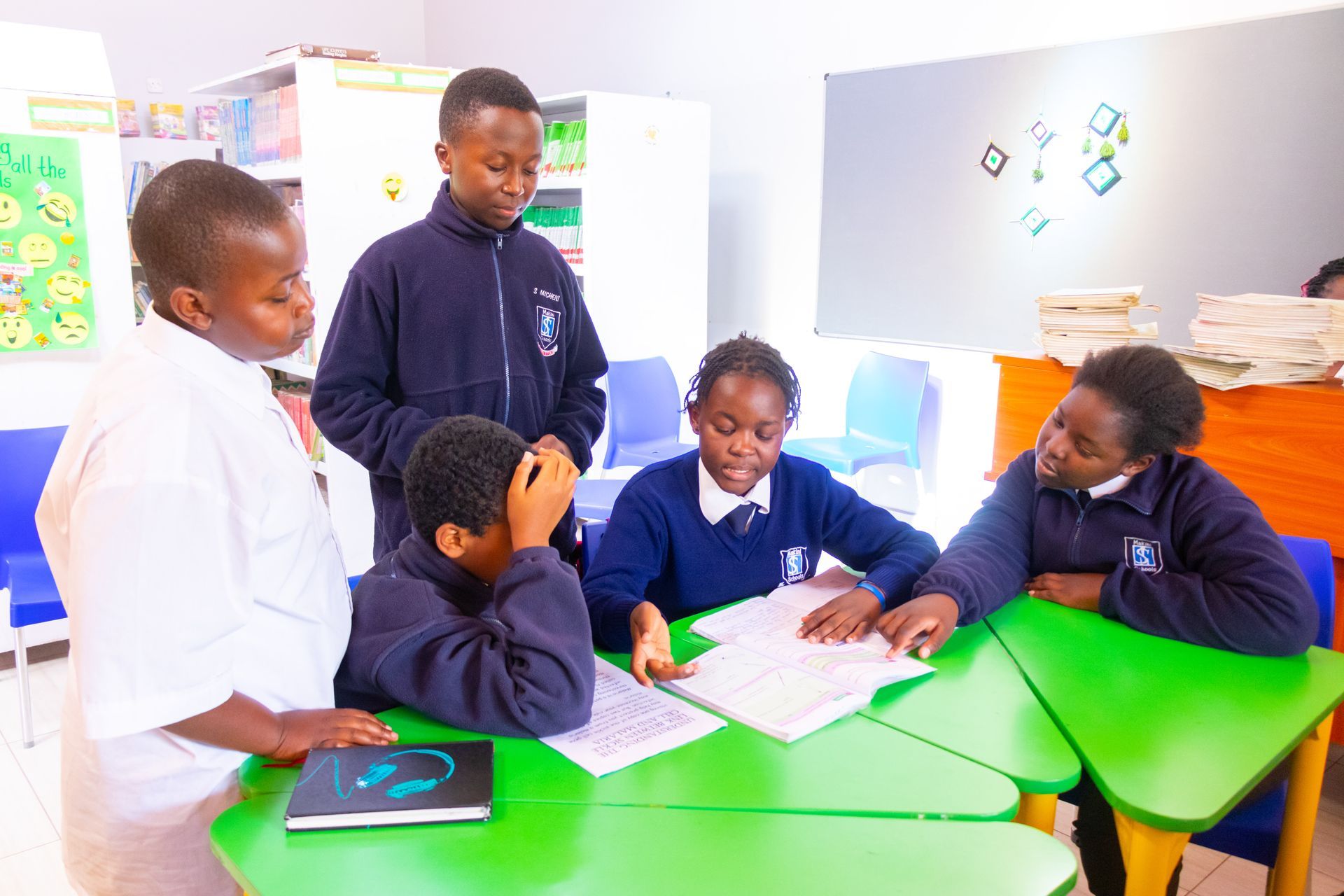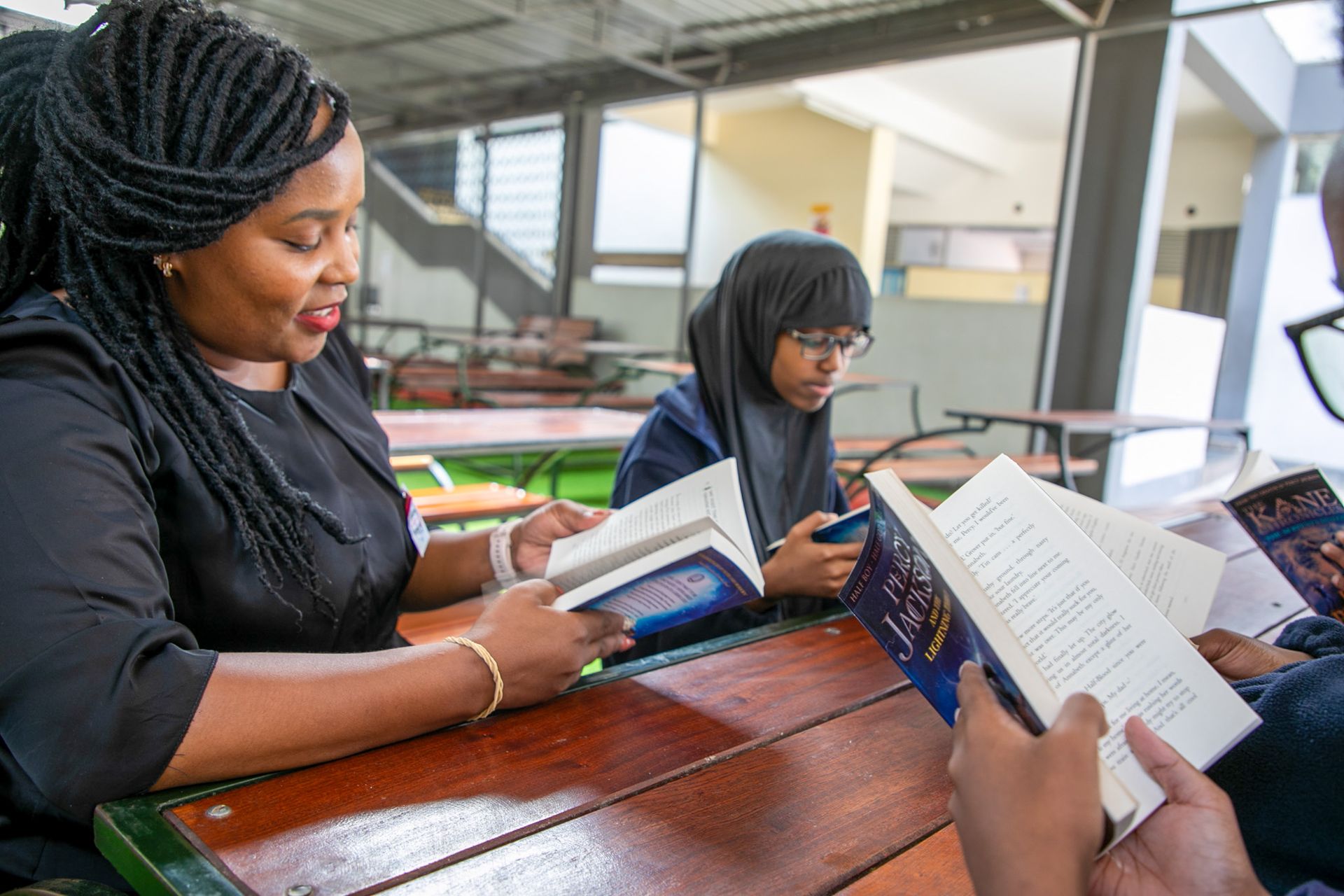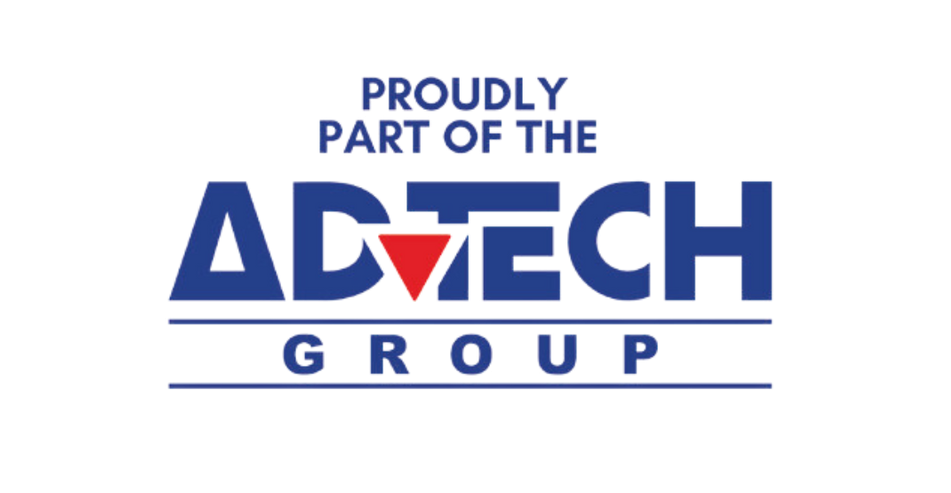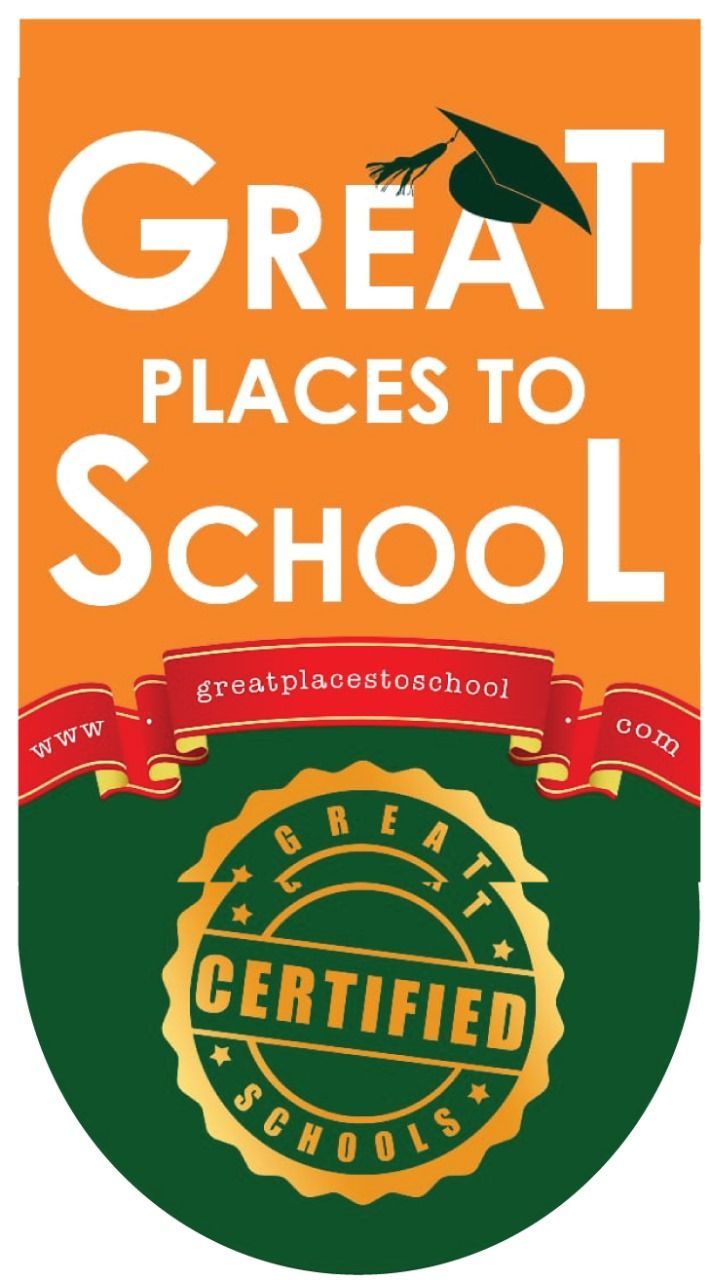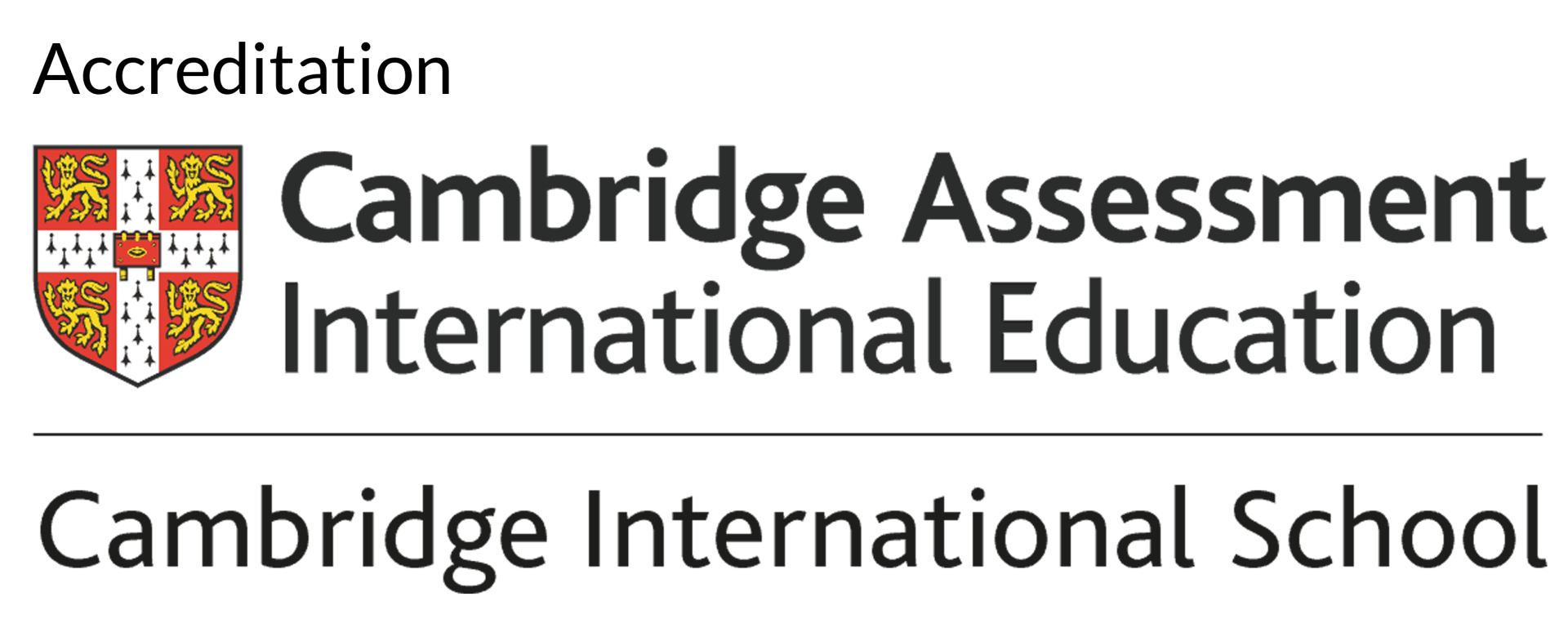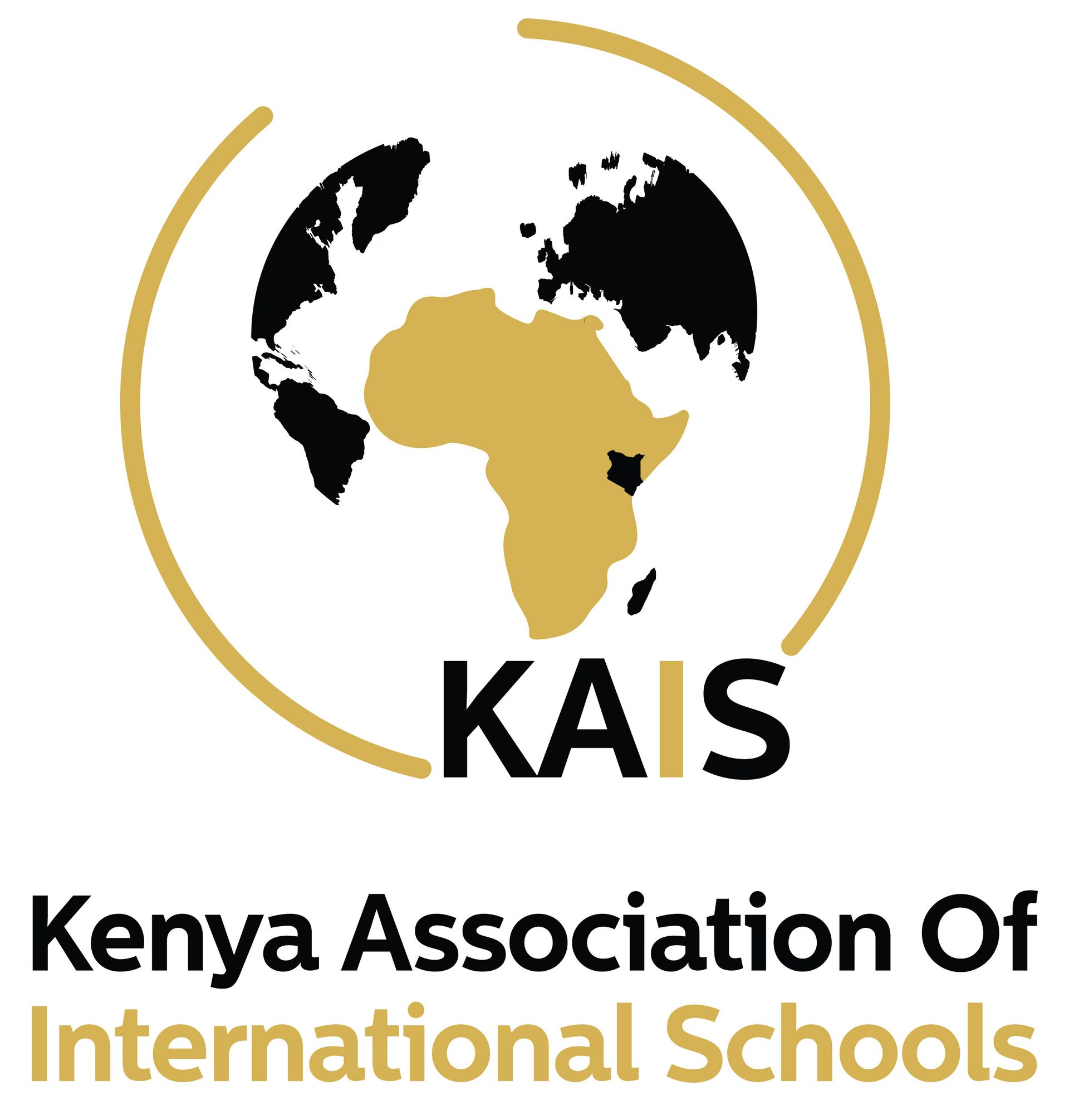The Ethos Driving the Success of Makini Junior Academy on State House Avenue
Along the well-known Statehouse Avenue, right opposite the Ethiopian Embassy in a Serene neighbourhood stands our small homely warm Makini Statehouse Academy. A sister school to the Makini School on Ngong Road.
From Kindergarten to Grade 5, Makini Junior Academy acts as a home away from home to all our learners.
From the moment a new learner joins our school community, our common objective is ensuring they feel happy and have a sense of belonging, as this is the pillar to their future success.
The warm environment, friendly staff, accommodative teachers, fun lessons that are child-centered, high academic standards, yummy meals, and inclusive ethos are our attractive package for local and international learners. We derive great joy in offering our learners the best possible opportunities to become confident, thoughtful people who are prepared for any challenges in an evolving yet exciting global world.
Our child-friendly classrooms and facilities make it possible for our dedicated teachers to deliver lessons in an intimate, friendly environment and attuned to every specific education need.
We try as much as possible to keep our classes and tutorial groups manageable to create a relaxed and comfortable atmosphere and allow teachers to get to know the learners.
We strive to have our learners happy and challenged in a supportive and safe environment.
Through the Competency-Based Curriculum, our academic standards at Makini Junior Academy continue to improve tremendously. Our fully trained teachers stop at nothing when it comes to implementing the curriculum that they have fully embraced. Some have been involved in developing the Curriculum and others are authors of the CBC course books. This makes us well placed as far as the delivery of this new way of learning is concerned.
Developing well-rounded individuals who are resilient, confident, and success oriented is one of our main goals.
“All work and no play makes Jack a dull boy”. Yes, this is absolutely true! With this in mind, our learners are lost for choice when it comes to choosing a co-curricular activity. All our activities are fun packed, fully engaging and learners look forward to the days when we have them.
Wednesdays are our swimming days. Learners come ready and geared to spend some time in our nice swimming pool at our main campus.
As we slowly go through this great paradigm shift in the education space, it is prudent to observe and understand that achievement is not merely pegged on grades, but on all activities undertaken in a school.
Achievements like leadership, sports, cleanliness, discipline are key in a growing child.
Tapping and nurturing talents should be done at the formative years (early years).
How is this done? Someone may ask.
· Being on the lookout and identify what a child pursues passionately and instinctively. (Children do not spontaneously recognise their own talents).
· Providing opportunities and background enrichment.
· Helping the learners nurture their talent by practising.
The hallmark of academic excellence should be judged on what they can do best. The curriculum allows learners to read to their best, play to their best, sing to their best, act to their best with a view to exploring their talents.
Parents should also be encouraged to allow their children to follow the paths of their own choice other than impose them on them. A family of lawyers should allow their son to pursue football or coding if that is his wish regardless of his grades. This is the only way we shall talk of an academic hallmark.
Our parents play a great role in their children’s education and the running of the school. Our open-door policy makes it easy for parents to be part of the school. Parents can freely engage with us, pay us courtesy calls and offer suggestions linked to their areas of expertise.
The learners’ diaries, class WhatsApp groups, Academic Days are some of the school’s main communication platforms.
The C.B.C. pertinent life values are integrated into our dailies, these values are:
· Love
· Responsibility
· Respect
· Unity
· Peace
· Patriotism and Integrity
·
I feel so privileged to lead such a prestigious school, which offers great opportunities to young scholars of our country, Kenya, and beyond. I am proud to be in a school with than inclusive ethos and high academic standards.
I welcome you,
Mrs. Catherine Njuguna
Makini Junior Academy Headmistress.
